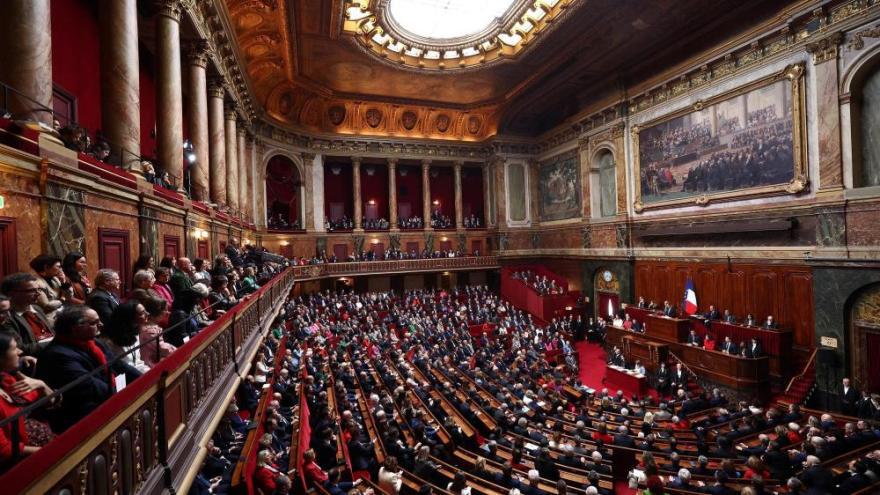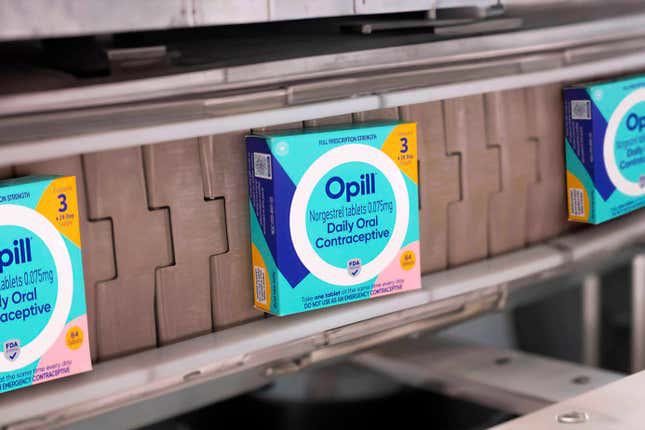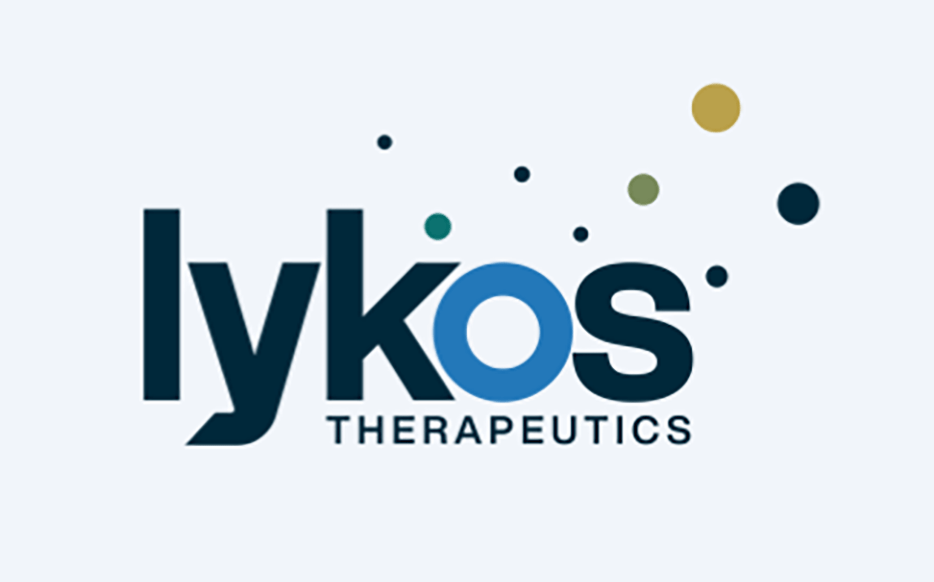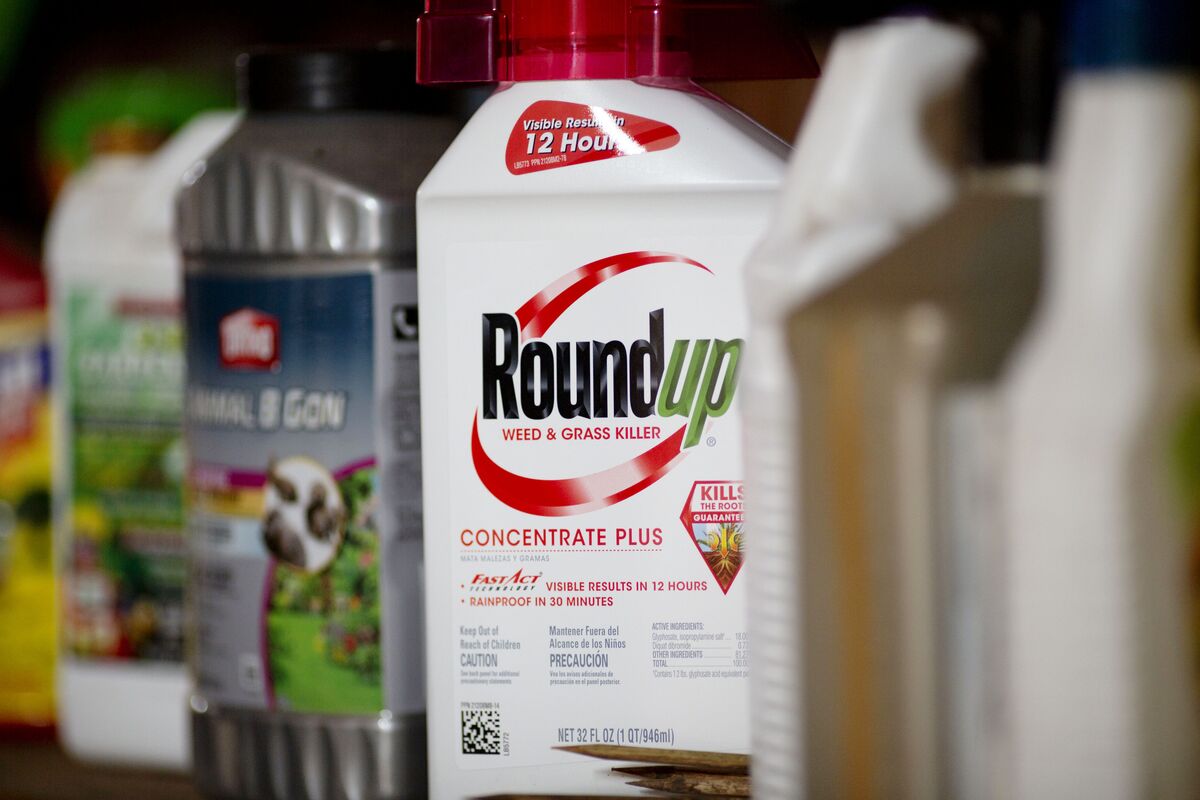China: Easing of Covid rules leads to panic buying - Dispatch Weekly
December 15, 2022 - Reading time: 4 minutes
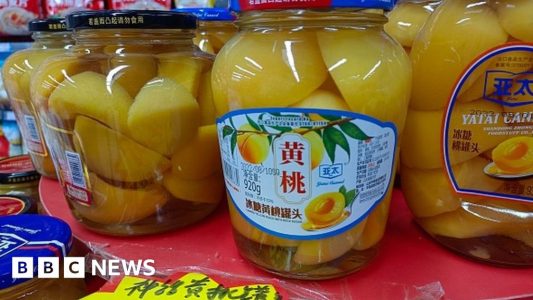
China’s stockpile issues have worsened since last week, when it loosened some of the most stringent Covid-19 regulations.
In response to claims of shortages, people have been racing to buy Ibuprofen, cold medications and Covid testing kits.
The availability of products for home treatments, such as electrolyzed water and Vitamin C-rich canned peaches and lemons, has significantly decreased online.
Although hoarding has long been a problem, this may be the first incident since lockdowns were relaxed.
Similar to elsewhere on the globe, individuals frequently share online images of empty grocery aisles in large cities before draconian “stay at home” directives are implemented in China.
However, since track-and-trace regulations have been relaxed and people are now permitted to self-isolate at home and self-test for the virus, it appears that many are panic buying medications in preparation for a winter wave.
To “be ready for waves of illness” local governments have been asked to renovate their intensive care units and launch fever clinics by the end of the month.
The health system is already showing signs of being quickly overburdened. This week, videos showing patients being hooked up to IV drips from their cars have been making the rounds.
According to China Daily, there has been an “explosive surge in demand” for vitamins, cold/flu medications, and painkillers.
Media outlets have reported throughout the week on how production lines at pharmaceutical companies are now operating at “maximum capacity” to handle the increase in demand, and some outlets have posted images of empty pharmacy aisles.
The Guangzhou administration had advocated for “responsible shopping,” according to the China Daily, because panic buying had become so common.
It issued a statement that read, “There is no need to hoard them in large amounts.” The city where the Covid virus has been most prevalent in recent weeks is Guangzhou.
In accordance with China’s new laxer Covid rules, the Global Times newspaper also noted last week that the turnover for Covid-19 detection kits had grown by more than 300%. It said popular websites like JD Health had suddenly ran out of stock of kits.
Drug-related businesses have been urged by China’s Food and Drink Administration to “guarantee the quality, safety, and supply” of Covid-19 treatments. It has promised to increase oversight of the creation and distribution of these products.
Consumers are being cautioned by market regulatory authorities not to purchase Covid-19 medicines online unless live streamers have the necessary medical credentials. People are advised to purchase goods from reputable sources in order to avoid purchasing “counterfeit medications.”
Outlets emphasise that “health kits” are being put together to ensure that patients who are already vulnerable are not made even more vulnerable.
In the city of Wuhan, China’s original Covid-10 epicentre, packets containing medications, antigen testing, and throat syrups are being distributed to senior citizens and others with chronic illnesses, according to an article in China Daily.

DW Staff
David Lintott is the Editor-in-Chief, leading our team of talented freelance journalists. He specializes in covering culture, sport, and society. Originally from the decaying seaside town of Eastbourne, he attributes his insightful world-weariness to his roots in this unique setting.
